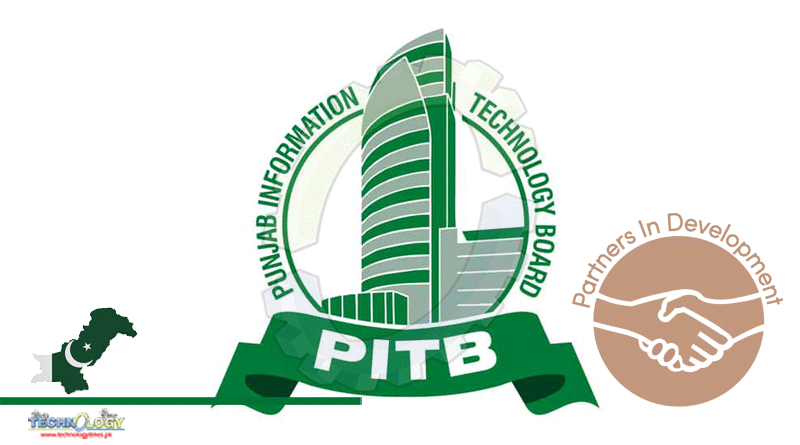The Hospital Management Information System (HMIS) in Jinnah Hospital Lahore’s Outpatient Department (OPD) has benefited more than 1.75 million patients.

The Hospital Management Information System (HMIS) in Jinnah Hospital Lahore’s Outpatient Department (OPD) has benefited more than 1.75 million patients.
1.45 million patients in the emergency room have benefited from the system, which was put in place by the Punjab Information Technology Board (PITB). “HMIS has successfully digitalized the traditional work processes, ensuring that citizens receive medical care without delay.”
According to the new system, patients are no longer required to bring their medical records and other important paperwork to the hospital for the checkup, according to PITB Chairman Faisal Yousaf.
HMIS gives patients and hospital administration real-time data. Both the hospital administration and the general public now have significantly more convenience.
By managing electronic medical records and giving the medical staff accurate patient data, this system focuses on enhancing hospital performance and changing the dynamics of patient care.
A component of health informatics called a Hospital Information System primarily addresses the administrative requirements of hospitals.
In many implementations, an HIS is a thorough, integrated information system made to handle all aspects of a hospital’s operation, including medical, administrative, financial, and legal concerns and the processing of services in accordance with those concerns.
Hospital Management Information System (HMS) and hospital information system are other names for the same thing.
Hospital information systems provide a common source of information about a patient’s health history, and doctors schedule timing. The system has to keep data in a secure place and controls who can reach the data in certain circumstances.
These systems enhance the ability of health care professionals to coordinate care by providing a patient’s health information and visit history at the place and time that it is needed.
The foundation for Punjab’s innovation economy is laid by the Punjab Information Technology Board, an independent organisation established by the Punjab government.
The Board’s objectives include, among many other services, improving citizens’ digital literacy as well as modernising governance practises through methods that encourage transparency. The PITB is committed to offering the government, as well as national and international companies, effective and efficient IT services and infrastructure.
